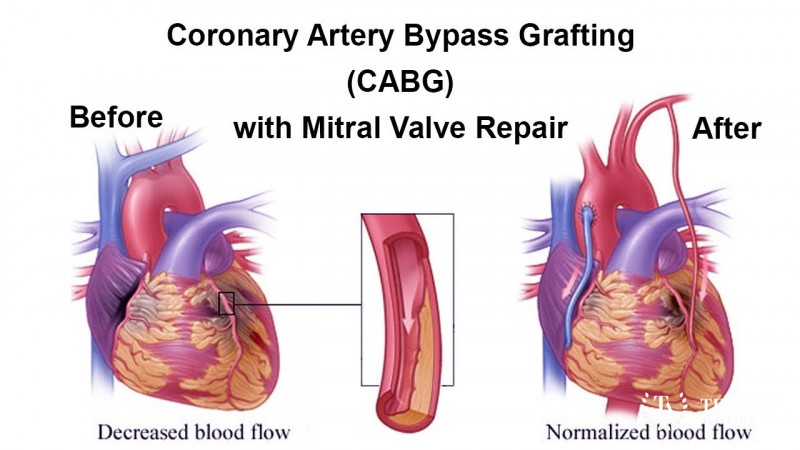
Pathologic changes in the cardiac valves requiring surgical correction of more than one valve can result from rheumatic heart disease, degenerative valve diseases, infective endocarditis, and a number of miscellaneous causes. Further, valve dysfunction may be primary; that is, a direct result of a disease process, or secondary; that is, caused by cardiac enlargement and/or pulmonary hypertension.
The mitral and tricuspid valves control the flow of blood between the atria and the ventricles (the upper and lower chambers of the heart). The pulmonary valve controls the flow of blood from the heart to the lungs, and the aortic valve governs blood flow between the heart and the aorta, and thereby the blood vessels to the rest of the body. The mitral and aortic valves are the ones most frequently affected by valvular heart disease.
Valve disease symptoms can occur suddenly, depending upon how quickly the disease develops. If it advances slowly, then your heart may adjust and you may not notice the onset of any symptoms easily.
Many of the symptoms are similar to those associated with congestive heart failure, such as shortness of breath and wheezing after limited physical exertion and swelling of the feet, ankles, hands or abdomen. Other symptoms include:
- Dizziness or fainting
- Rapid weight gain
- Fatigue
- Palpitations, chest pain
- Methysergide, a medication used to treat migraine headaches, and some diet drugs may promote valvular heart disease.
- Radiation therapy may be associated with valvular heart disease.
- High blood pressure and atherosclerosis may damage the aortic valve.
- Heart valve tissue may degenerate with age.
A heart-healthy lifestyle is also advised to reduce the risks of high blood pressure and heart attack.
- Don’t smoke.
- Eat a healthy, balanced diet low in salt and fat.
- Exercise regularly and lose weight if you are overweight.
- If you are diabetic, maintain careful control of your blood sugar.
The following provides an overview of the treatment options for multi-valvular heart disease:
- Long-term antibiotic therapy is recommended to prevent a recurrence of streptococcal infection in those who have had rheumatic fever.
- Balloon dilatation (a surgical technique involving insertion into a blood vessel of a small balloon that is led via catheter to the narrowed site and then inflated) may be done to widen a stenotic valve.
- A course of antibiotics is prescribed prior to surgery or dental work for those with valvular heart disease, to prevent bacterial endocarditis.
- Don’t smoke; follow prevention tips for a heart-healthy lifestyle.
BestHeartSurgery is a comprehensive information portal that gives both the common man and medical professionals.

